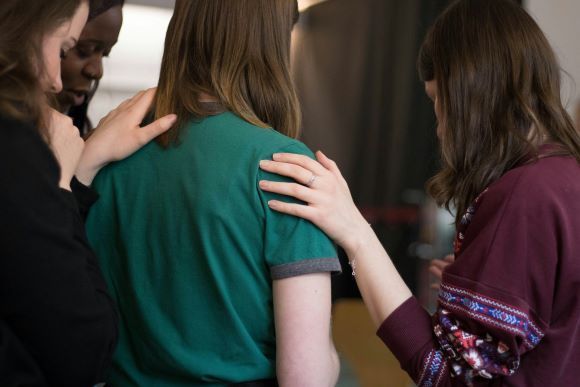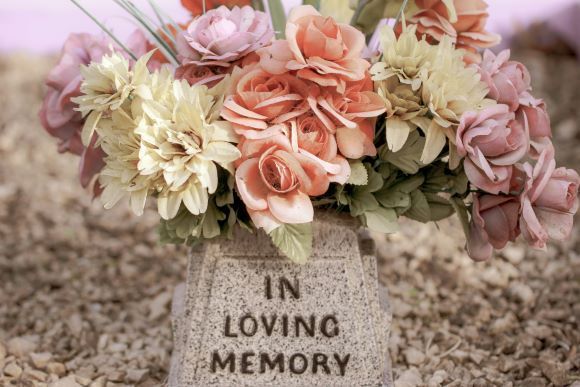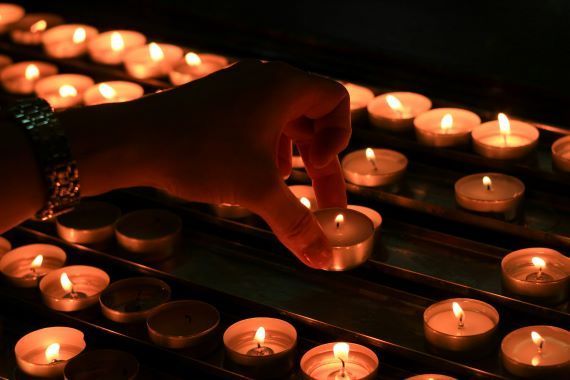163 Main St.
Pennsburg, PA 18073
Fax: 215-679-5782
Blog Layout
Understanding the 3 Types of Grief
Falk Funeral Homes & Crematory Inc. • June 8, 2021
Grief doesn’t look the same for everybody, but there are aspects that many people experience. Are you dealing with complicated grief after a funeral? Here are a few things to know.

Grief is the emotional suffering you feel when someone close to your heart is taken away, often after services at funeral homes Red Hill, PA. Grief may accompany all kinds of negative emotions ranging from anger, disbelief, sadness, anxiety, and depression.
But not everyone experiences all these emotions – and in the same order. How one may respond to the grief depends largely on the type of grief and nature of loss. Below is basic information aiming to help you identify various types of grief and how to cope with them.
1. Traumatic Grief
Traumatic grief is among the most common types of grief. As the name indicates, a person encounters traumatic grief after the unexpected or sudden loss of a loved one, making it one of the strongest and most confusing for many.
The grieving person may experience a wide range of confusing emotions such as anger, guilt, disbelief, and even painful denial. These feelings are generally very uncomfortable and overwhelming and may prompt questions, such as: ‘I should’ve done more for them”, “I can’t believe they left me, or “Did they know I loved them.”
The easiest way to combat traumatic grief is by socializing with friends and family and maintaining a healthy daily routine. It is easier said than done, but if you are feeling alone, you can reach out to support groups for help.
2. Anticipatory Grief
This type of grief occurs when a loved one is suffering from a terminal illness and is expected to pass away soon. Deep down you know the loved one will leave you and you can anticipate the loss but your heart struggles to accept the reality. Anticipatory grief can be as hard and painful as any other type.
Those, especially the elderly and the ones with a terminal illness, anticipating their own death may also encounter anticipatory grief as the thoughts of leaving the loved ones alone, their financial issues, or not having to spend enough time with them can be overwhelming.
At such times, people tend to spend as much time with family as possible and put their final affairs to get a distraction from an inevitable loss. Similarly, trying to sort out any unresolved family or personal issues can also help cope with the anticipation of a loss.
3. Masked Grief
Masked grief relates to the situation when the mourning person
tries to suppress their emotional sufferings and pain after a loss.
Mostly, private figures people use it as the defense mechanism for appearing strong in the eyes of their friends and family as they’re afraid of being vulnerable or appearing soft. However, grieving doesn’t equate to weakness, and hiding it only complicates the issue.
Similarly, parents tend to mask their grief to protect their children.
Generally, the people suffering from this kind of grief refuse to call it so by name but you should encourage them to open up and talk about their feelings. If you or someone else is having difficulty in opening up, then seeking help from a close friend or a professional is the best option to overcome it.
Grief of all types
can hit before or after attending a memorial service at funeral homes
Red Hill, PA.
Share
Tweet
Share
Mail
Falk Funeral Homes & Crematory Inc.
163 Main St.
Pennsburg, PA 18073
Fax: 215-679-5782
Falk Funeral Homes & Crematory Inc.
1418 Main St
Hellertown, PA 18055
Fax: 610-838-7922










